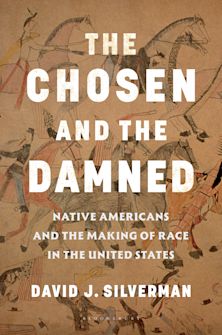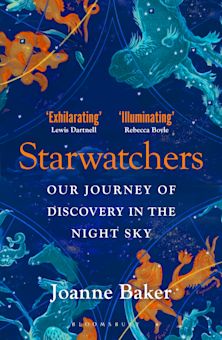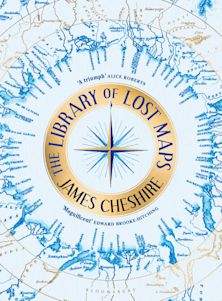- Home
- NON-FICTION
- History
- General History
- So Very Small
So Very Small
How humans discovered germs, uncovered infectious diseases, and deluded themselves that we had conquered them
So Very Small
How humans discovered germs, uncovered infectious diseases, and deluded themselves that we had conquered them
- Delivery and returns info
-
Free UK delivery on orders £30 or over
You must sign in to add this item to your wishlist. Please sign in or create an account
Description
In 1665, an infectious disease swept through the British capital and claimed the lives of tens of thousands of people. It would take another two hundred years for the cause of the Great Plague of London to be confirmed: a powerful bacterium called Yersinia pestis. In those centuries, our understanding of diseases was transformed.
In So Very Small, Thomas Levenson reveals how human hubris led us to overestimate our own ability and underestimate the threat that microorganisms truly pose. He journeys through some of the most significant epidemics and pandemics in history, including the recurrent outbreaks of cholera in Europe and Asia, and the
1721 Boston smallpox epidemic.
The turning point came in the nineteenth century with the development of germ theory: the concept that microbes can cause disease. Levenson shows how, in the years that followed, scientists made major breakthroughs in our ongoing struggle against infectious disease. Perhaps the greatest of these achievements is the discovery of antibiotic treatment, which has been the salvation of much of humanity in recent centuries.
In a story that spans centuries and continents, So Very Small explores the scientific quest to understand how tiny organisms have impacted the wider world – and looks ahead to the battle to fight their rapid evolution.
Product details
| Published | 01 May 2025 |
|---|---|
| Format | Hardback |
| Edition | 1st |
| Extent | 448 |
| ISBN | 9781800249042 |
| Imprint | Apollo |
| Dimensions | 234 x 153 mm |
| Publisher | Bloomsbury Publishing |
About the contributors
Reviews
-
Every page is fascinating, every detail on this amazing journey through history affects our daily lives: the story of how humans discovered microbes and germs and created the world we know today. Never has science been so compelling, exciting and accessible as it is in the hands of Thomas Levenson. Brilliant!
Simon Sebag Montefiore, author of The World: A Family History of Humanity
-
A thought-provoking, engrossing account of one of the most momentous transformations in our understanding of the world and our place in it. So Very Small brings the history of science to life with vivid details and captivating anecdotes.
Dr Jonathan Kennedy, author of Pathogenesis
-
So Very Small is the wonderfully intimate and intertwined story of how humans discovered microbes and learned to tame them. Levenson is a master storyteller, and his latest book reads like an epic novel, spanning centuries, continents and microbial calamities. It offers a compelling story of how microbes have influenced society, seamlessly intertwined with fascinating historical events, while vividly bringing the characters and scientific discoveries to life.
Alanna Collen, author of 10% Human
-
Fascinating... Thomas Levenson expertly combines storytelling and big questions, most notably: Why not? Why wasn't the germ theory of disease formulated 200 years earlier? Why, in general, are huge scientific discoveries delayed until they happen?
David Quammen, author of Spillover
-
In So Very Small, author Tom Levenson brings to brilliant life the social history of medical detective work, notably the long quest to understand and to combat infectious disease. In doing so he illuminates the fascinating world of pathogenic microbes, the often unexpected ways we've achieved protection, and the often self-destructive ways we've undermined – and continue to undermine – our own public health successes. In a world where the next pandemic waits ahead, this is essential reading.
Deborah Blum, author of The Poison Squad: One Chemist's Single-Minded Quest for Food Safety at the Turn of the Twentieth Century
-
In So Very Small, Levenson transports us to the eighteenth century to begin the long and winding journey to the discovery and prevention of infectious disease, interweaving history, science and philosophy. Join him to learn about the greatest of human endeavours.
Professor John S. Tregoning, author of Infectious



































